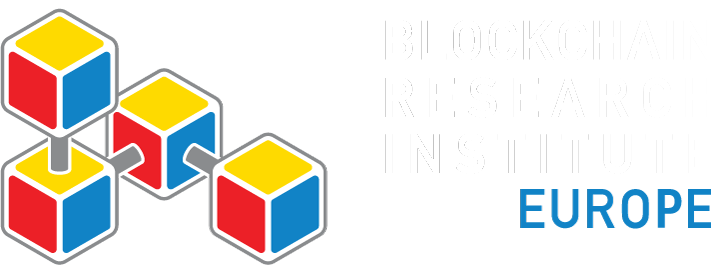Toward a Universal Digital Wallet
Report Overview
Author: Don Tapscott
Release Date: November 13, 2020
Abstract:
For cryptocurrencies and other blockchain technologies to scale in adoption as the Internet did, people need more human-friendly ways to use them. We believe that the digital wallet is one such way. Digital wallets are pieces of software that hold digital things of value for us, such as money, ID cards, and documents such as receipts. They enable us to make payments, prove our identities, record and verify our actions and transactions, and aggregrate and manage our cryptoassets such bitcoin, ether, or derivatives of cryptocurrencies. Eventually, we expect them to capture and protect our Internet browsing, online shopping, and other streams of data for us, to own and license as we choose. This research explores the state of the digital wallet, provides a taxonomy for analysis, poses three scenarios for the future, and suggests what enterprise leaders might do to prepare for wallet-driven business opportunities.
